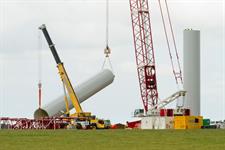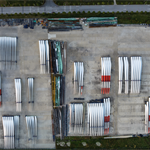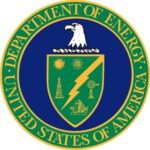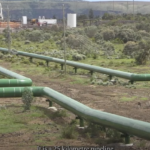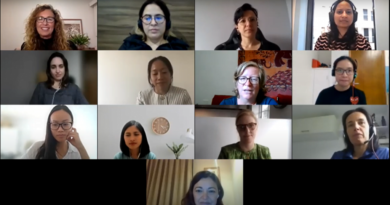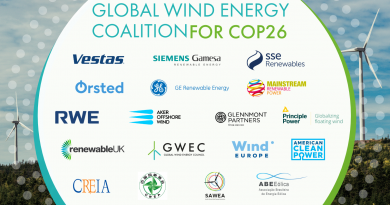Wind power supply chains ‘need built-in flexibility’
Energy Disrupter
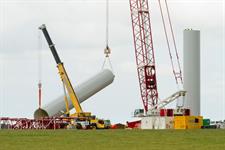
The Covid-19 pandemic and commodities price surges have especially rattled supply chains for renewable energy projects, according to Josh Skogan, senior vice president for procurement at AES Corp. Renewables’ supply chains are more complex than are those of fossil fuel projects, he said.
He was speaking on the Clean Power Supply Chains Through 2030 panel at the American Clean Power Association’s Cleanpower 2021 conference in Salt Lake City his week (8 December).
Ray Long, senior vice president for external affairs at the developer Clearway Energy Group, said that renewable energy companies are nimble because of the rate of technological change.
But a certain wind turbine may or may not be available for a project, because of supply chain bottlenecks, he added. The uncertainty may mean that the project owner has to secure more land than they would otherwise, or re-evaluate permits if the technology has to be changed, he said.
“We leave options open to the very last moment—the big challenge is building in flexibility,” he said.
Noga Vilan, director of supply chain planning for turbine manufacturer Vestas’s American division, said the company has built-in flexibility because it has its own factories globally and also buys components from third parties.
Of the burgeoning offshore wind industry in the US, a market that Vestas has yet to enter, she said: “We are just waiting to start.”
In early November, Vestas again downgraded its financial guidance for 2021 because of supply chain constraints and commodities price increases.
Art Fletcher, executive vice president for construction at Invenergy, North America’s largest privately held renewable power generator, described import tariffs as unnecessary. Fletcher also gave an example of increasing prices in the sector. The cost of a container from Asia to the US has risen from $4,000 to $25,000, he said.
For his part, Skogan of AES said the renewables industry instead needs “long-term clarity” rather than tariffs, which can be imposed and listed or adjusted by a president. In fact, panellists continued a theme of the conference—that they hope President Joe Biden’s $1.7 trillion Build Back Better (BBB) bill passes as currently drafted, including a ten-year extension of tax credits for wind and solar energy.

